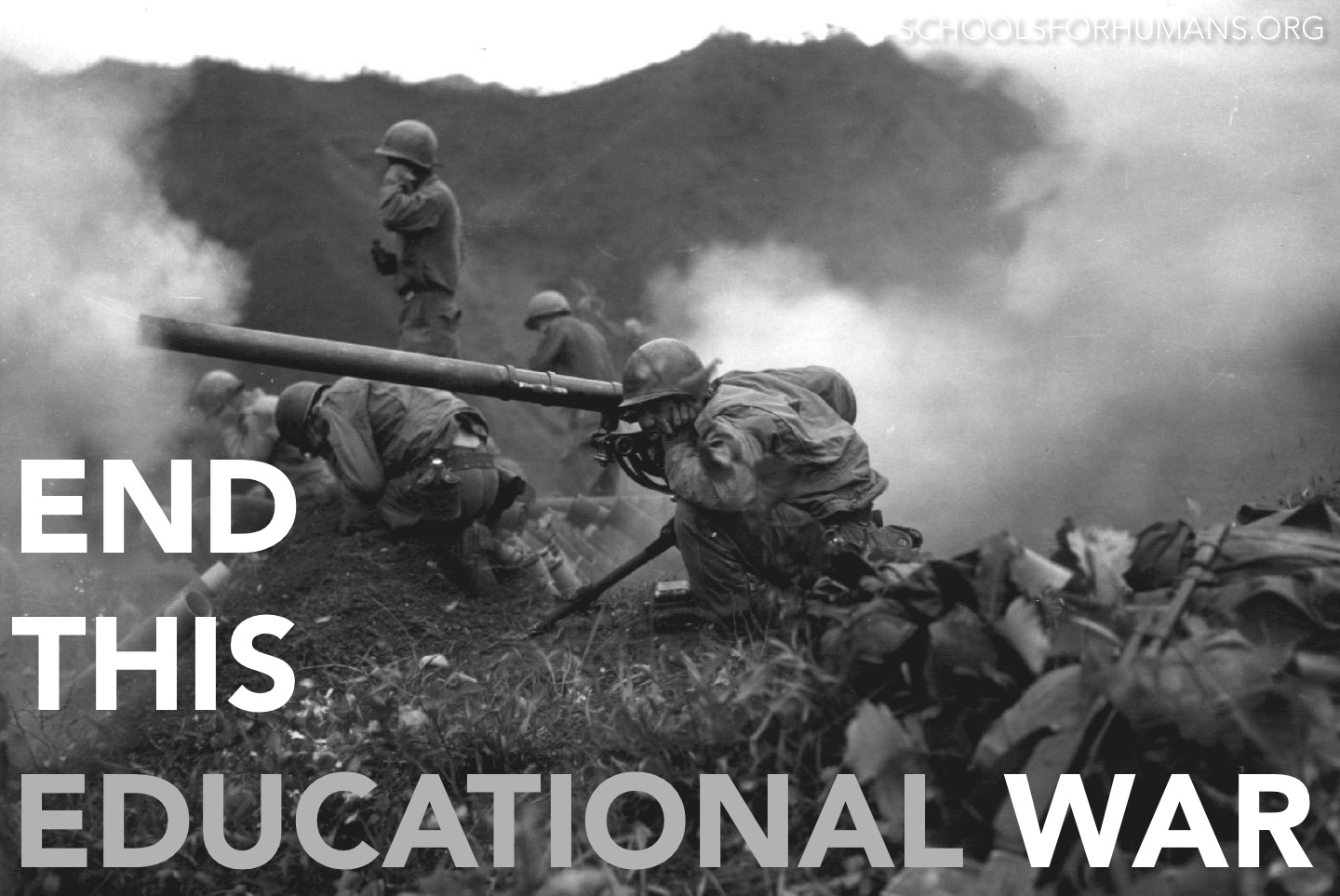I often hear discussions about education reform be conducted on the principle of the "well let's at least get them to x" principle.
"Maybe some kids will be Einsteins," the discussion seems to be assuming, "and that'd be great. But right now, we at least want to ensure that all our students will have the basic skills."
This position tries to be loving and caring and kind. It recognizes that, without a basic grasp of math, reading, cultural knowledge, and so on, kids struggle.
But it's wrong.
This approach rests on the assumption that it's easier to do something easy than to do something hard. But, intriguingly, that's not always the case.
To do anything (large or small), a human being needs to be motivated. They need to want to do it. As John Taylor Gatto has written,
Common sense should tell you it isn't "difficult" to teach children who don't want to learn. It's impossible.
What we need to do (as a school, as a society) is define stirring goals for students to quest toward.
Want penmanship? Hook kids up with calligraphy.
Want multiplication facts? Set kids on learning the secrets of mental math.
Want literacy? Cultivate voracious readers.
As Antoine de Saint-Exupery wrote:
If you want to build a ship, don't drum up people to collect wood and don't assign them tasks and work, but rather teach them to long for the endless immensity of the sea.
Which is to say: We have to aim higher. Aim greater. Aim bolder.
To start with, we should wipe from our cultural vocabulary that horrible phrase "raise standards". It connotes bureaucracy, a dehumanized environment in which children are viewed as the sum of their test scores.
Replace it with the image of "raising a standard" — lifting a flag on a battlefield for soldiers to fight towards.
A friend challenged me last year to define what we mean by "mastery". He was, I think, concerned that we were buying into the mainstream "LET'S RAISE STANDARDIZED TEST SCORES OH YEAH!" ethos.
Well, rest assured, we aren't.
But I've found it challenging to elucidate precisely what it is that we mean when we say "mastery". It's so big — it's our image of the educated man or woman. "Renaissance man" comes close to it, as does "maker", as does "creator". I'll continue to work on that.
For the moment, I'll say this: that sometimes, it's easier to aim for the hard things.
My thanks to masteroflore.wordpress.com for the Gondor standard image above!






